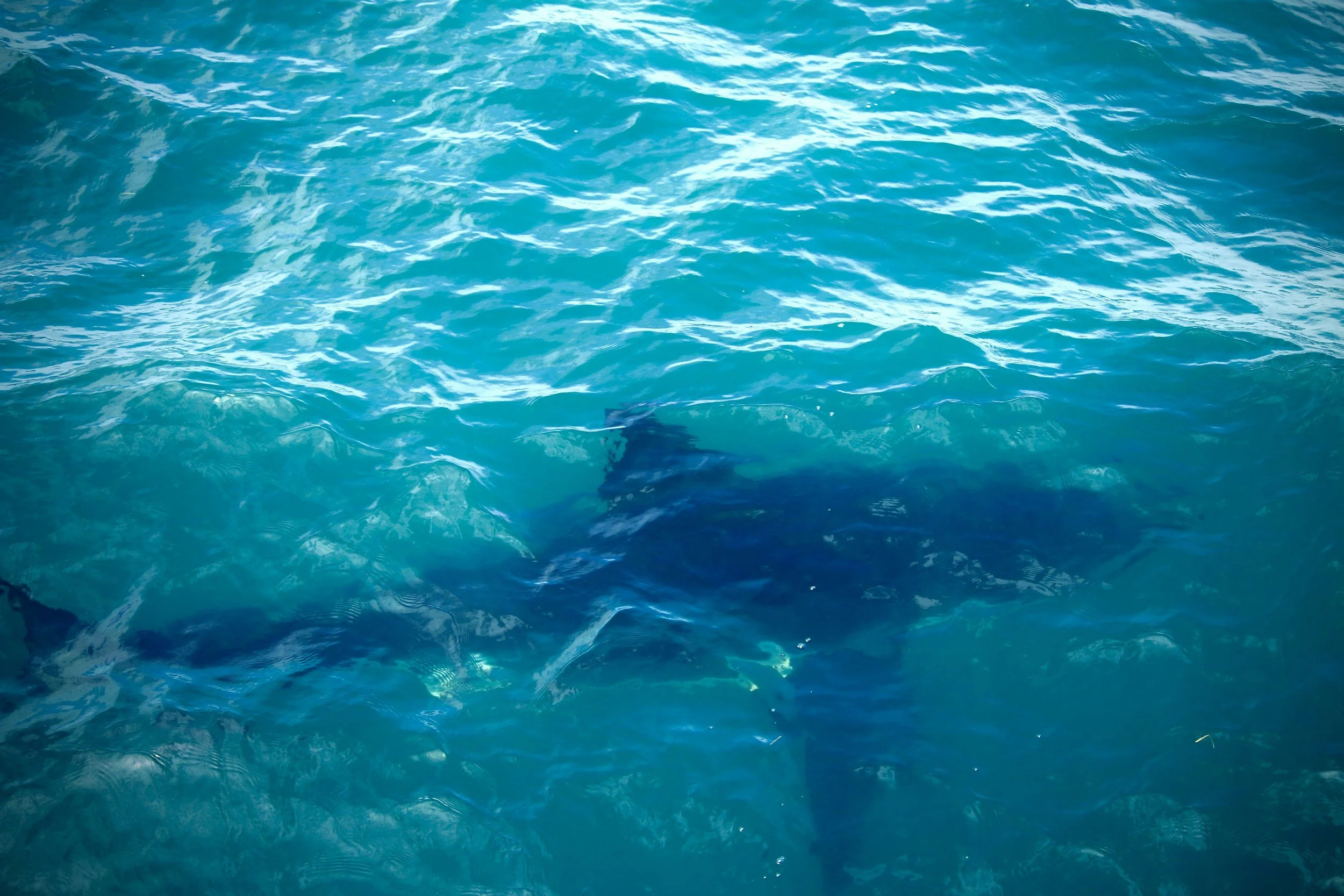The decline of White sharks in South Africa
The coast of South Africa used to be known for its abundance of white sharks. A strong eco-tourism economy flourished based on visitors wanting to experience a caged encounter with sharks. But a tragic series of events has unfolded over the past decades that has led to the decimation of shark populations to a degree of local extinction being a real threat. A convenient scapegoat has been chosen as agencies and the media have been focusing on shark deaths caused by orca attacks. While this clash of titans makes for interesting news, the real issues are far more complex and mostly caused by misguided programs initiated by government agencies. In this section, we will attempt to cover the arguments, scientific background, and proposed solutions. Please support the action items put forward here by the people who tackle the issues on site.
End Lethal Shark Nets and Drumlines in South Africa’s Waters
For years, we have been hearing about shark nets and drumlines that are being used along South Africa’s coastline, with the excuse of protecting swimmers. But in reality, these tools are indiscriminate killers that wreak havoc on wildlife and do not increase safety for humans. The nets and drumlins are responsible for killing over 400 sharks every year and have caused the deaths of thousands of dolphins, turtles, and other marine species since their introduction in 1952.
Non-lethal, effective shark safety alternatives—such as drone surveillance, electric deterrents, exclusion barriers, and Shark Spotters—are already in use in parts of South Africa, which proves that we can protect both ocean users and marine life. The petition initiated by EARTH LEGACY FOUNDATION calls for a series of actions to be taken to phase out these archaic and brutal mitigation methods and move forward with strategies that are effective and safe for both humans and wildlife.
To learn More about this issue, watch “The Last Shark” documentary
"The Last Shark" investigates the disappearance of the iconic Great White shark from South Africa's coast and the impact of the government's continued use of shark culling nets and drum lines. This movie is available to the public for free.
Produced and directed by Frankie Chipparoni and Charlie Morris, and made available for free to the public, for educational purposes
Are Ocras to blame?
Since 2017, there has been a series of incidents where orcas have hunted and killed white sharks in False Bay and Gansbaai, which has led to the misconception that orcas are entirely to blame for the collapse of the white shark population. However, studies show that there has been a significant drop in the number of pelagic sharks, an essential prey of the orcas, due to overfishing. This could directly result in the orcas hunting white sharks. This theory is further supported by the fact that white shark sightings began declining in 2013 alongside the decline in the number of smaller sharks.
An increase in permitted longline fishing, which also allows sharks to be caught as bycatch, is the more likely culprit at the heart of this issue. Not only has this reduced the number of smaller sharks - one species declined by 95% in an observed three-year period, but it has also enabled the illegal poaching of white sharks as bycatch.
For an excellent dissection of this issue, please read these articles and published papers:
Orca vs. Great White Shark by the White Shark Diving Company
White Shark Threats and Orcas (by Shark and Marine Research Institute)
Decline or shifting distribution? A first regional trend assessment for white sharks in South Africa (Dr. Enrico Gennari et al., 2024)
The true value of South Africa white sharks
If shark fishing licenses are provided as a means of increasing economic benefits to the people, then a massive miscalculation is taking place. The value of live sharks far outweighs the one-time income potential of killing a shark. The ecological and social value of healthy ecosystems is nearly impossible to calculate, but the economic value can be estimated, showing that over its lifetime, one South African white shark could contribute as much as USD 500,000 or more to the economy.
Read more in our valuation report
(These numbers will be updated with a new v2 2025 version. Coming soon)





